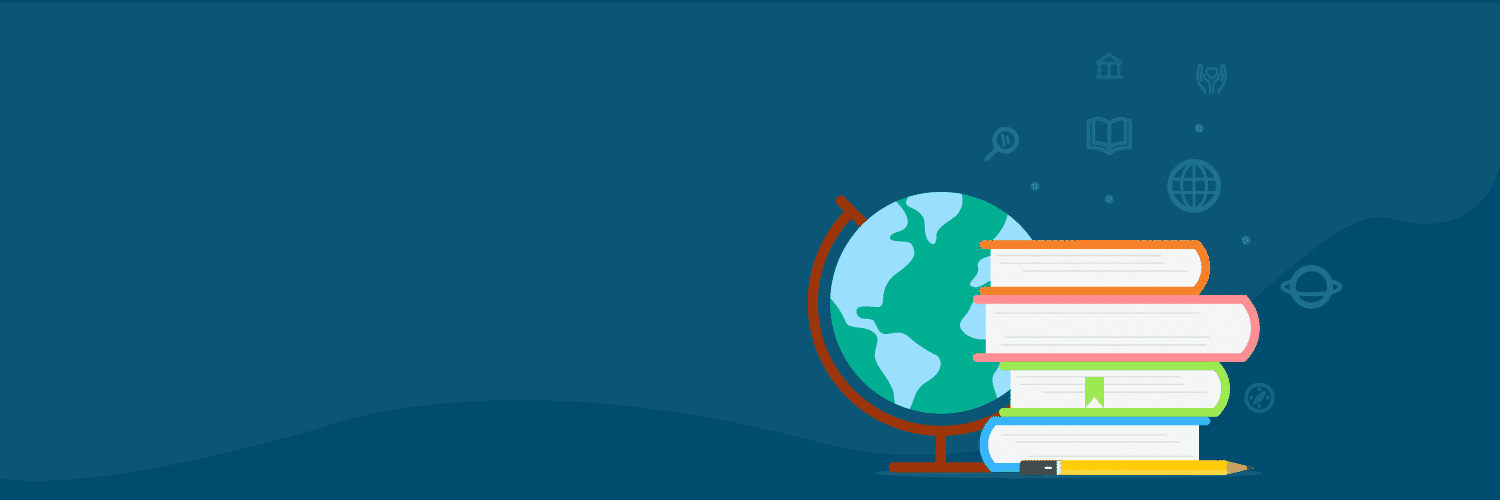
Zack Cronin
COVID is over, students are back in classrooms, and life has returned to “normal.” So, since students have been back in school for nearly three years, students should be back on track, right?
As we all know, unfortunately, that just isn’t the case. Students are performing worse than before COVID. The National Center for Education Statistics found that for english language arts, 4th and 8th grade reading scores are down three points since 2019. Even more unnerving is that scores now are nearly identical to those in 1992, begging the question, have we made any progress at all?
This drop occurred across the entire country. In fact, 26 percent more students were performing below NAEP “Basic” levels in 2022 than in 2019.
The only student group that wasn’t negatively affected over this time is the top-performing 4th-grade students who are within the 90% percentile of reading. Their 8th-grade counterparts saw a small decrease, but the lower percentiles saw a greater impact. Meaning, we are failing the students who need us the most.
To fix this, there needs to be a fundamental change in english language education and it needs to happen now. One of the most prevalent approaches is the Science of Reading.
The science of reading is a vast collection of research on how students learn to read. It spans disciplines and methods but covers five main areas, known as the five big ideas. These are phonemic awareness, phonics, fluency, vocabulary, and comprehension. Within the Science of Reading, best practices from each area are surfaced and applied, creating an ever-evolving body of principals.
With the declines in student performance, the Science of Reading has become especially important, as studies have found that:
- Only 25% of reading programs adequately cover all five core components of reading instruction
- 40% of programs still teach multiple practices that run counter to research on effective reading instruction
- Two out of three programs fail to address phonemic awareness
- 58% of reading programs give fewer than two instructional hours to supporting the needs of struggling readers
- 71% of programs dedicate fewer than two instructional hours to supporting the reading needs of english learners
With Science of Reading, the results are clear. Students, schools, and districts see dramatic improvements in reading performance, across socioeconomic and grade levels. But, many districts struggle to implement the Science of Reading with fidelity.
That’s why using proven curricula, like EL Education’s language arts curriculum, which is based on the science of reading and authored with equity in mind, is crucial to making effective, impactful changes to your student’s reading and writing performance.
Combined with a platform like Kiddom, this proven curriculum becomes even more effective. Kiddom provides educators with a streamlined, organized way to access, use, and extract the maximum benefit from their curriculum.
In the case of EL, when partnered with Open Up Resources, Kiddom enables districts to customize their curriculum to meet the needs of their students, fulfill requirements and standards, or provide context so students can see themselves within the curriculum. Kiddom also includes curricula-aligned assessments that provide valuable data through which schools track curriculum adoption and impact It also provides teachers with pre-made lesson slides, embedded scaffolded questions, and lesson supports in the notes so they can easily unpack and utilize the curriculum.
Kiddom seamlessly connects the most critical aspects of teaching and learning on one platform.
For the first time, educators can share and manage digital curriculum, differentiate instruction, and assess student work in one place. Learners can take assessments online, see student performance data with the click of a button, and teachers have the insight and tools they need to create individual learning paths.
Ready to bring digital curriculum to your school or district?
Connect with us in a 15-minute meeting to learn more about available pre-packaged curriculum and assessments, and how the Kiddom education platform can support your learning community.